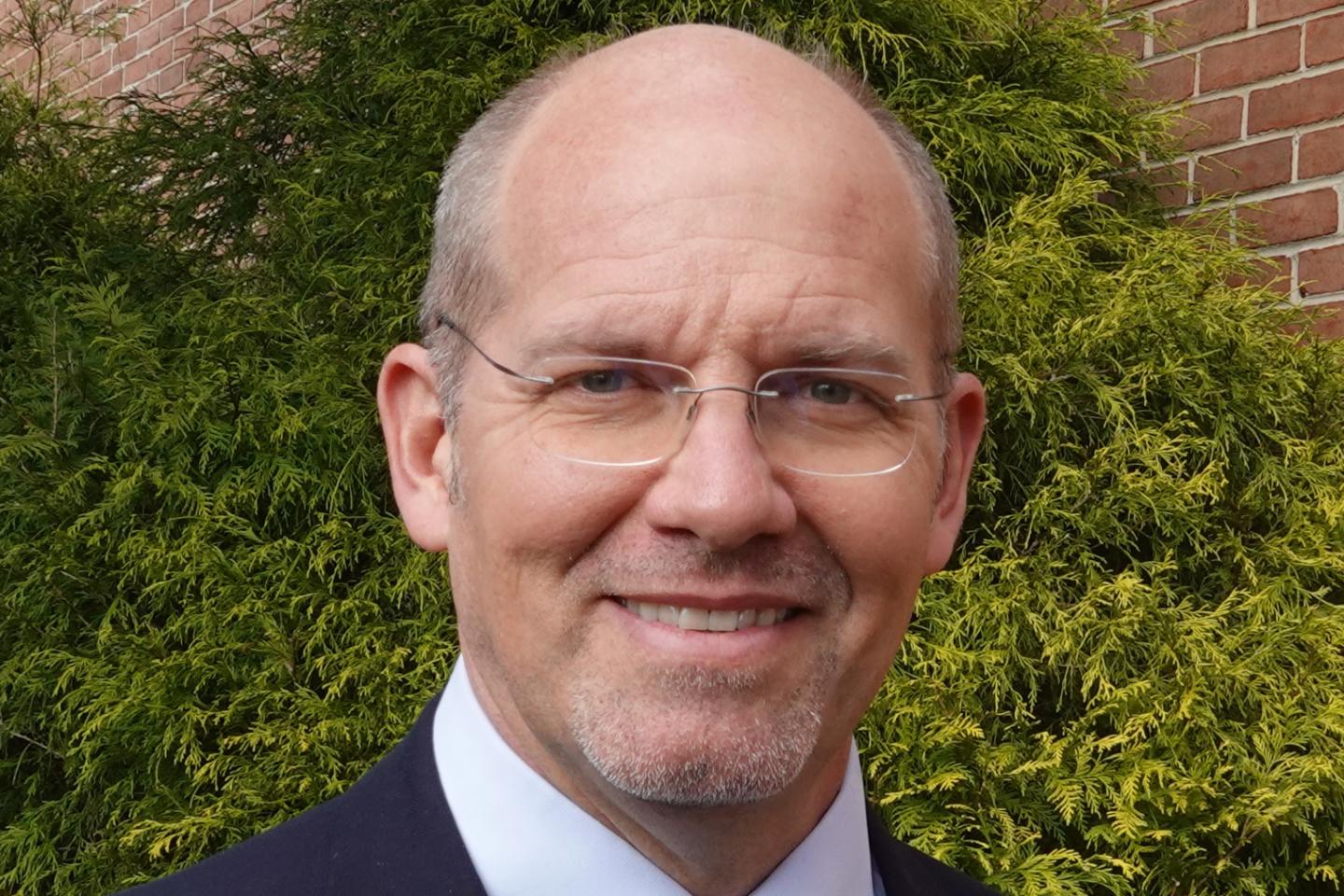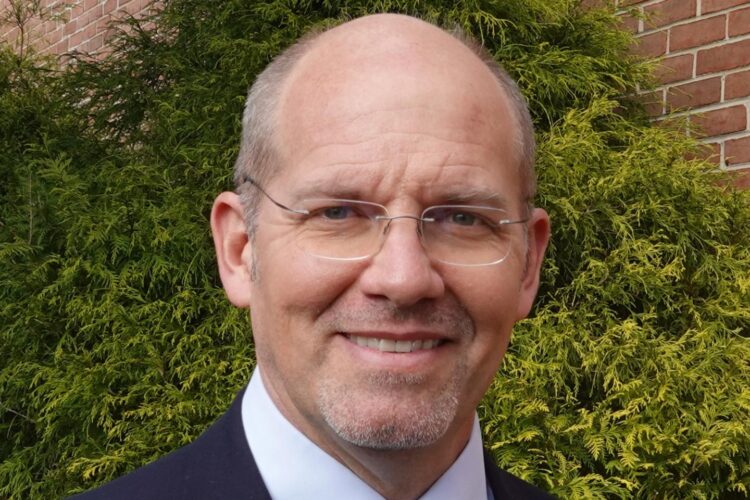
Credit: West Virginia University
Jason Hubbart, an educator and researcher at West Virginia University, is acutely aware of the importance of quality drinking water in a society and for its people and he is compelled to help others understand that as well.
“There are many reasons why it’s important,” he said. “One reason, and maybe the most important, is that someone has peace of mind when they lift a glass of water to take a drink. The other is having actual physical evidence (through testing) that the water they’re drinking is safe,” he said. “Maybe I’m a little biased, but I think that there are few places where there’s a greater need for that peace of mind and knowledge than right here in West Virginia.”
With help from a $150,000 Equitrans Midstream Foundation grant, Hubbart and his team in the WVU Institute for Water Security and Science will pilot a drinking water testing and community engagement program to help some West Virginians gain a better understanding of what’s in their water.
Launching in early 2021, the three-year project will feature community workshops in the geographic region where Equitrans Midstream Corporation conducts its natural gas midstream operations.
Participants will gain knowledge about the importance of safe drinking water and receive a free drinking water test, along with the support required to interpret results.
The first year of the pilot program will focus on Marion and Harrison counties; year two will concentrate on Tyler and Wetzel Counties, and the team will work with Doddridge and Ritchie Counties in year three. WVU Extension Service will help facilitate the community meetings in those counties.
“I think one important aspect of this program is that while it’s called a drinking water testing program, to me, the testing is really not the most important component,” Hubbart said. “Testing the water is simply a means to open the door – the majority of the program is about community outreach and education. We want to supply participants with their test results and help them understand what the results mean. Additionally, if participants have a potential water quality issue, we want to help them find solutions to resolve the problem.”
In West Virginia, Hubbart noted, water quality is at risk due to historic mining and land use activities as well as the politics around those, and other, industrial processes.
“Recent high-profile crises, including the Elk River chemical spill, and the prevalence of impaired waters throughout the state highlight the need for investment in the expansion of drinking water testing that includes public and private water systems,” he said.
As the state’s flagship university, Hubbart believes WVU must take the lead.
“Given the many Clean Water Act rollbacks in recent years, it has never been more important to reach out directly to our communities and educate our constituencies about water resources and water quality. This is a moment for us to do what we do best … educate,” Hubbart said. “This is an incredibly important moment for WVU to rise up in meeting one of our state’s public health needs and to partner with companies that greatly desire opportunities to make community investments in the state in which they operate.”
Established by Equitrans Midstream Corporation, one of the largest natural gas gatherers and transmission pipeline operators in the United States, the Equitrans Midstream Foundation supports initiatives that address critical community needs, continuous learning through education and environmental sustainability.
“The Equitrans Midstream Foundation is committed to meaningful engagement with community partners such as the WVU Institute for Water Security and Science to improve the lives of individuals in the communities where we live and work,” stated Anne Naqi, president of the Foundation. “We support initiatives that encourage the development of livable communities, enhance community safety and wellbeing, and promote the stewardship of air, land, and water. The Equitrans Midstream Foundation is proud to join with WVU on this important initiative.”
And, Hubbart is excited to have this opportunity.
“This is important because it demonstrates, in a very personal way, the motivations of the Equitrans Midstream Foundation to always put people first,” he said. “I believe this is a proud moment for the Foundation, and an important industrial partnership opportunity for WVU”.
Always a forward thinker, Hubbart is already strategizing how to secure additional funding, bring new partners onto the project and expand to other parts of Appalachia.
“There are plenty other Appalachian communities that are just as in need as north-central counties,” he said. “Given the program is not entirely research based and is rather a long-term human health and prosperity initiative, we must also seek funding venues that are supportive of benefits to human wellbeing, health and education. Unfortunately, funds for broadly integrated, systems based, interdisciplinary programs like this, especially one that is also hoped to be very long-lived, tend to be more difficult to procure; however, I’m committed to pursuing a variety of funding sources to sustain this drinking water testing and education program. This initiative is important for our citizens and our state.”
The Equitrans Midstream Foundation grant was made through the WVU Foundation, the nonprofit organization that receives and administers private donations on behalf of the University.
-WVU-
lw/01/13/21
###
Media Contact
Lindsay Willey
[email protected]
Original Source
https:/





